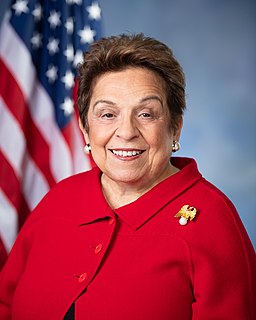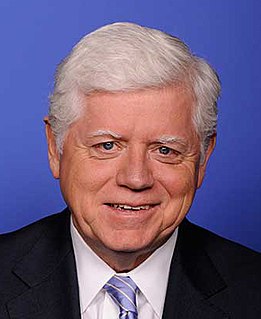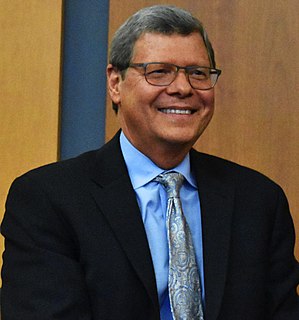A Quote by Lamar Alexander
I think higher education is over-regulated.
Quote Topics
Related Quotes
Indian higher education is completely regulated. It's very difficult to start a private university. It's very difficult for a foreign university to come to India. As a result of that, our higher education is simply not keeping pace with India's demands. That is leading to a lot of problems which we need to address.
Pharmaceutical companies have too much influence over the education of physicians in this country. They have too much control over the evaluation of their own products, and that's a conflict of interest. I think the industry needs to be regulated, but I've never suggested taking it out of the market altogether.
The key to the trap is, of course, education. The feminine mystique has made higher education for women seem suspect, unnecessary and even dangerous. But I think that education, and only education, has saved, and can continue to save, American women from the greater dangers of the feminine mystique.
The higher amount you put into higher education, at the federal level particularly, the more the price of higher education rises. It's the dog that never catches its tail. You increase student loans, you increase grants, you increase Pell grants, Stafford loans, and what happens? They raise the price.
The demise of higher education as a public good is also evident in light of the election of a number of right-wing politicians who are cutting funds for state universities and doing everything they can to turn them in training centers to fill the needs of corporations. This new and intense attack on both the social state and higher education completely undermines the public nature of what education is all about.

































